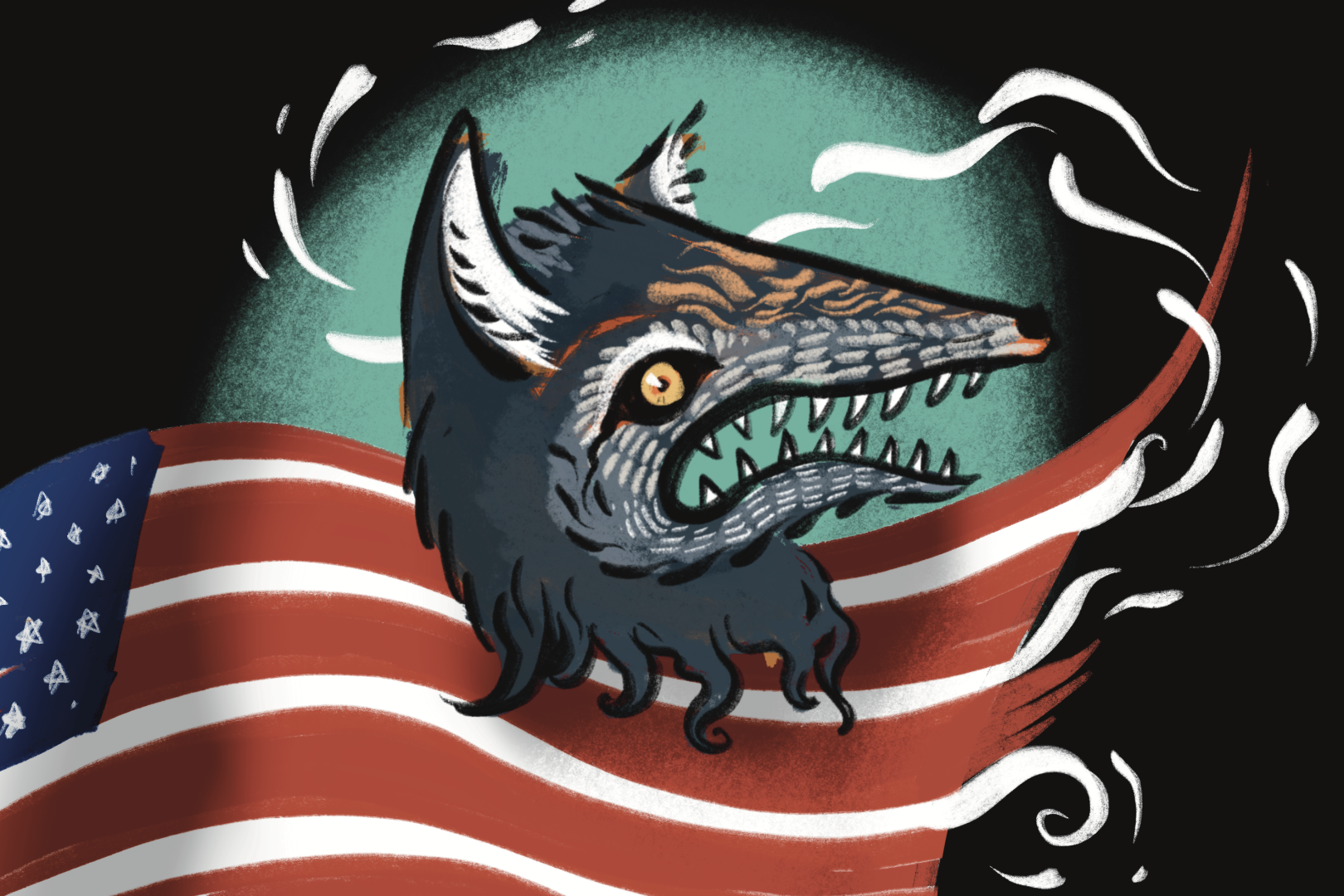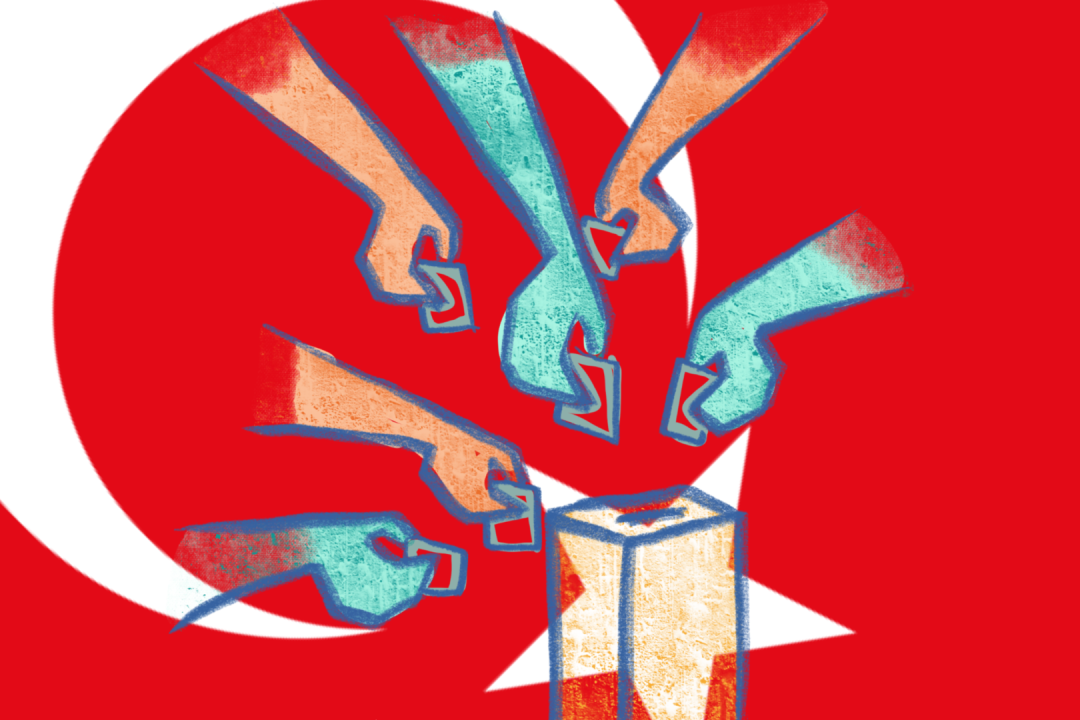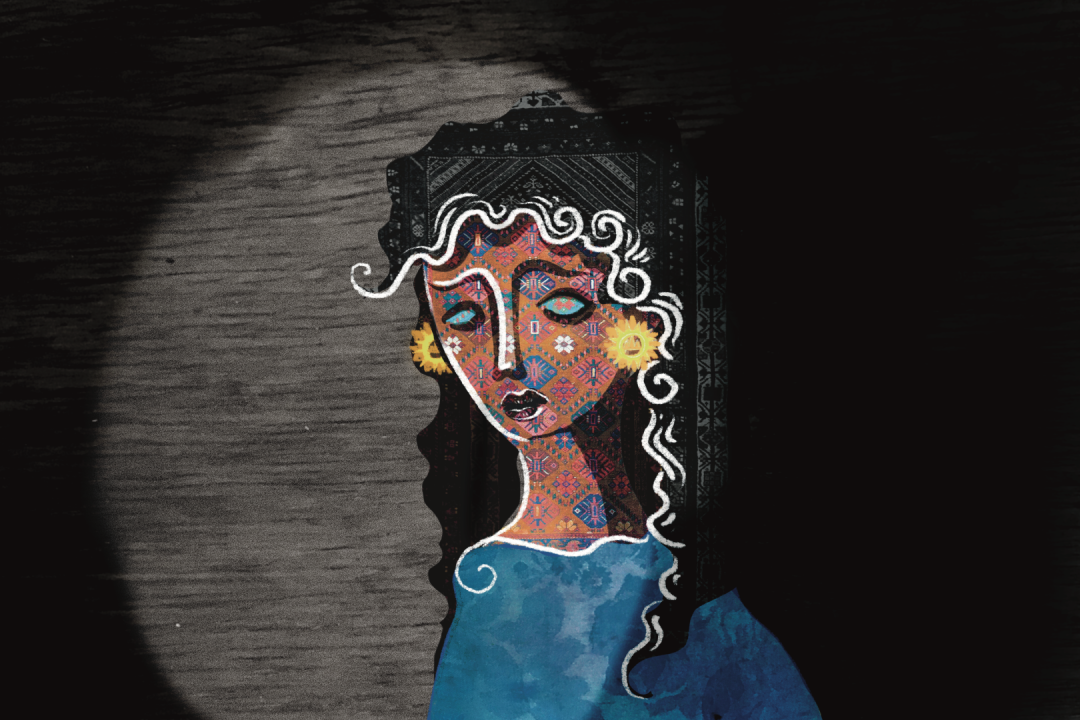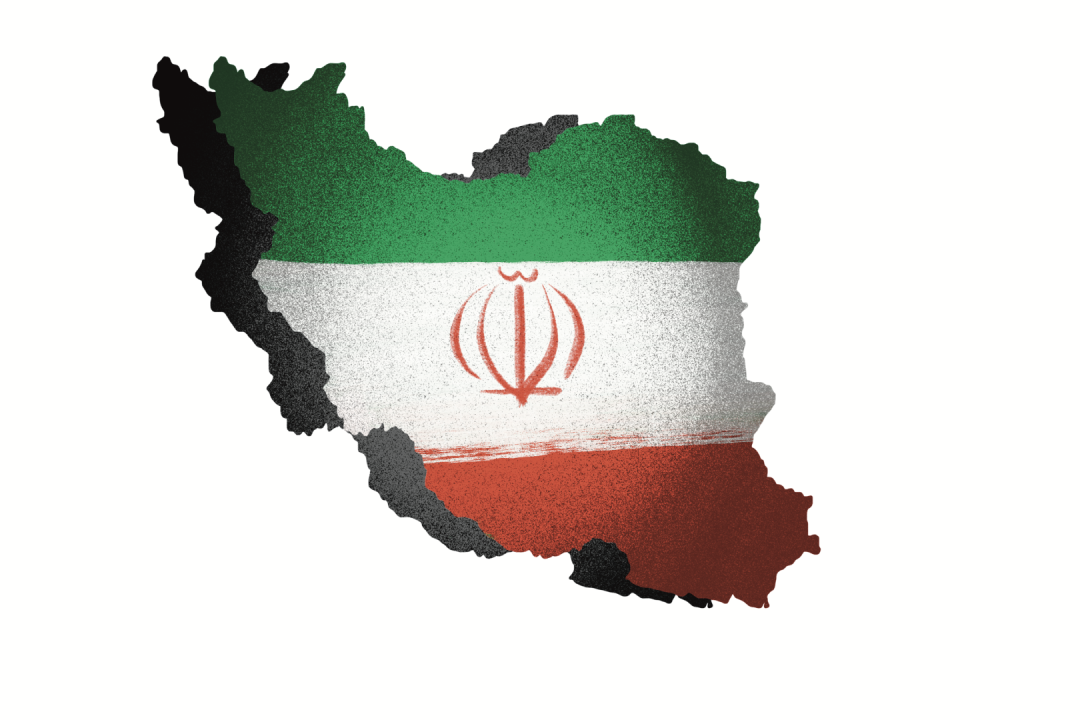
Feeding the Grey Wolves: How the CIA sponsored Turkey’s Neo-fascism
By: Birhat AtrushiThe Grey Wolves (Bozkurtlar) is a far-right ultranationalist organization founded in Turkey during the Cold War. It is ideologically Turnaist, a movement that supports the Pan-nationalist unity of Turkic people. Starting as the armed wing of the Nationalist Movement Party (MHP), the group is known for supporting and inciting terror-related activities such as mass murder, drug trafficking, and assassinations. This paper argues that the Central Intelligence Agency (CIA) is responsible for funding and training the first initiatives of the group under Operation Gladio: an international project aimed to arm and train anti-communist forces. This piece analyzes the United State's foreign policy of anti-communism and how its funding and support for activities against it were often oriented toward far-right groups and organizations.
On the 13th of May, 1981, the Vatican media rose to a shocking event when Pope John Paul II was shot during one of his ceremonial drives around pilgrims. This rare and significant moment in the history of the papacy was made even more disturbing when the perpetrator, Mehmet Ali Agca, was found to be a close associate of the Grey Wolves, a Turkish far-right group.
Although the Pope survived, the incident is one of many instances whereby members of the group managed to perpetrate illegal and often violent activities during a period of political instability in Turkey.
The Grey Wolves was founded in 1968 as the armed wing of the Nationalist Movement Party (Milliyetçi Hareket Partisi, MHP) by Colonel Alparslan Türkeş. Türkeş was known to be a staunch supporter of Turanism, a nationalist movement to establish a greater Turkic state that would encompass the geographic areas with a significant Turkic population. His ideas proved popular and influential in a period of escalating political tensions in Turkey between left-wing and right-wing groups.
The Grey Wolves' name is derived from the ancient mythic tale of the She-wolf Asena which, according to mythology, bore a generation of half-human and half wolves that would later bore Turkic tribes.
The Cold War between the United States and the Soviet Union left Turkey in a period of disarray as each country attempted to push its policies. Having been serving as a Colonel in the Turkish Armed Forces and being a significant official, Türkeş orchestrated the 1960 coup d'état in Turkey that ousted the democratically elected government of Adnan Menderes. His political ambitions were elevated even more when in 1965, he founded the MHP as the new traditional leader of Turkey's far-right politics.
The student movement in the 1960s, which led to a sharp increase in left-wing groups being formed in various countries, accelerated Turkey’s descent into political violence as groups from both extremes - that of revolutionary socialism and ultranationalism - confronted one another in violent clashes on streets, campuses, and even rural areas. The Grey Wolves were founded on ultranationalist ideas of Turkish supremacy and launched a massive wave of terror in the country to bring Turanism's political ambitions into the light. This period of political violence in Turkey from 1976 to 1980 claimed the lives of about 5000 people.
Although much of the violence ended in the 1990s, the group still possesses significant cultural and ideological manifestations in Turkey's population, which may raise the question of the group’s strength.
Operation Gladio was a stay-behind initiative created by the North Atlantic Treaty Organization (NATO) with central help from the CIA, the central intelligence agency of the United States, for fear of a communist takeover in Europe. The Turkish section of the military organization, Counter-Guerrilla (Kontragerilla) was responsible for forming a military force able to confront a communist insurrection or takeover using unconventional tactics.
Existing relations between Alparslan Türkeş and the CIA proved pivotal in a future investment into Turkish far-right groups. Türkeş’s strong anti-communist and soviet rhetoric paved the way for the Counter-Guerilla to erect the Grey Wolves from a political paramilitary group into a major resistance against leftist organizations in Turkey.
Much of the information and activities of the organization remained a secret for decades. Although revelations of documents and activities by Turkish Prime Minister Bülent Ecevit were made public, there still has not been an official inquiry into the organization and its activities.
The Grey Wolves are active in the political sphere in the Middle East. Having been built on ideals that wish to defend and unite Turkic peoples, it has often times participated in various conflicts throughout the decades such as the failed coup attempt in Azerbaijan, and the most recent Syrian civil war, often times operating as mediators between Ankara and rebel factions within the Turkish-backed Free Syrian Army.
Beyond the Middle East, the Grey Wolves also find large safe havens in Turkish communities in Europe such as Germany by coordinating demonstrations and protests in major cities.
Their goals have not been met yet. As a far-right ultranationalist organization, the Grey Wolves are staunch supporters of ending democratic methods and inclusivity in favor of means to establish their political ambitions of Turkish sovereignty both culturally and ideologically.




